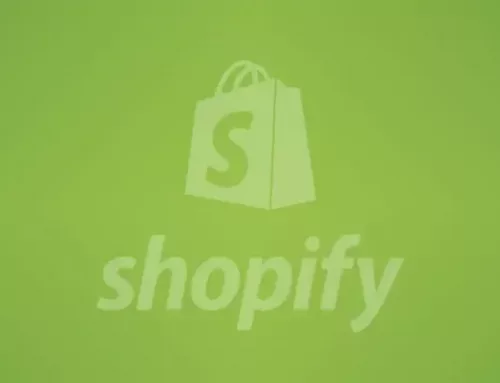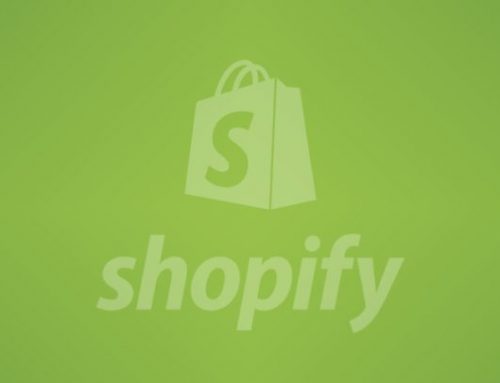2. Higher Volume of the Order
“Wholesale” means “more offer.” And if you deal in handmade jewellery or tech devices, more sales and more goods outside the door is usually a positive thing.
Think about it this way: as a retailer working solely with end-users (in Byz, we call this business-to-consumer or “B2C”), you will actually need to buy and sell tens of thousands of consumers to break your first million in revenue. Yet as a wholesale or “B2B” (business-to-business) trader, you only need a fraction of that to accomplish the same goal.
In reality, a new Forrester Research study showed that while the average order value for B2C customers was $147, it was a whopping $491 for B2B customers. When you remember that the sales rates for B2B consumers were more than three times higher, it’s a no-brainer.
If you want to increase order sizes, prices, and sales, wholesale is the path forward.
3. Recurring Sales
The regular e-commerce product is offered as a one-off purchase. The buyer sends you $30, and you give them the product — the deal is complete.
So what if you could get consumers to come back and buy from you again and again, all with no extra work (or ad spending) on your part?
It is the magic of online e-commerce. If you’ve built a strong partnership with a retailer — and they’ve noticed that your goods sell well to their customers — they’ll be back for more. You won’t have to pester them with retargeting ads or loyalty schemes, so you won’t have to lower the already discounted rates.
Give them what they want, how they want it, and they’re going to be there.
4. Built-in Marketing Aid
No matter how long you’ve been in e-commerce, marketing is difficult. And it’s costly. And it’s really, really important.
For wholesale, you can effectively outsource the majority of your store’s marketing to your retailers, granting you access to an entire network of skilled, seasoned marketers and sellers.
Real, it can be more difficult to manage to advertise (defining specific ground standards for the wholesale customers may alleviate this), but greater budgets and wider markets do more than makeup for it. In other words, you’re going to expand your business because retailers are doing all the effort!
5. Improving Confidence And Reputation
In an environment where everyone can open an online shop in a matter of minutes, creating and sustaining confidence is key. Luckily, there are a number of ways to do this, from humanizing your brand with a killer About page to using apps like Bizzy Social Proof to display subtle yet engaging recent order notifications.
But another (often overlooked) way to persuade prospective customers that your company is “legitimate” is to incorporate wholesale pricing.
As with marketing, wholesale sales allows you to make a piggyback on the efforts of your retailers. When consumers see that you have a relationship with a brand they already know and trust — wholesale or not — they are more likely to associate the confidence with your company. Plus, the more retailers you partner with, the harder it is to persuade others to get on board.
6. Better Value of the Customer’s Lifespan
We’ve said it before, and we’ll say it again: Customer Lifetime Value (CLV) is the single most important measure for understanding the health of your business. This lets you decide who the most valuable customers are. And if you bid wholesale rates, the reaction is all but sure to be your wholesale buyers.
Why? Just look back to points two and three. Wholesale customers buy in bulk and pay with ease. Combine the two, and you’ve got a very important customer — the sort that any retailer will die to get more.


